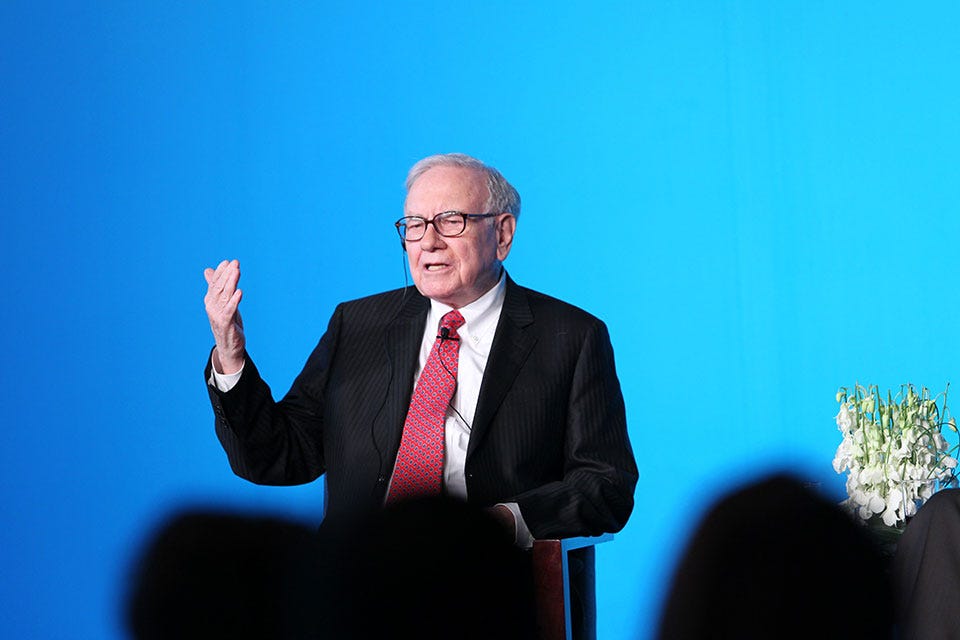Is Congress Too Old?
I, for one, welcome our new elderly overlords
Scott Alexander asks what is going on here:
While it’s tempting to gripe about selfish Boomers (and Silents) holding tight to the reins of power, this dramatic rise primarily reflects the changing age demographics of America.
As the Population Reference Bureau reported in 2019,
The current growth of the population ages 65 and older, driven by the large baby boom generation, is unprecedented in U.S. history.
The number of Americans ages 65 and older is projected to nearly double from 52 million in 2018 to 95 million by 2060, and the 65-and-older age group’s share of the total population will rise from 16 percent to 23 percent.
As it turns out, Americans over 65 already make up slightly more than 23% of registered voters, since under 18’s are ineligible and young adults are perennially less likely to vote than their elders. Elected representatives are, well, representative of the people who elected them.
Change it Anyway?
Having established that the initially shocking number of elderly people in congress is actually unsurprising, it’s still reasonable to wonder if this trend is good or bad. Maybe Congress should be younger than it is, for reasons of health and competence.
Personally, I’m unconvinced by this comparison. Congress fills a representational role not expected of the military, and mandatory retirement set at age 70 bars a large and growing percentage of the population from even being considered. While I don’t oppose all restrictions to the people’s voice, this seems like a bridge too far to me.1
It’s also important to recognize that not all elderly people are alike in stamina and competence. While some over-70s are clearly a bad choice for leadership positions, others continue to make invaluable contributions far beyond that age. Some of America’s highest functioning companies are helmed by elderly CEOs, for example, suggesting that excellence and gray hair can go together even in some of the most ruthlessly competitive environments.
This point becomes even more important when we consider that politicians are selected mostly on the basis of popularity rather than legislative competence. While in principle voters could make better choices if forced to choose between younger candidates, I worry that what we’d actually get are representatives that shrewdly apply their youthful qualities toward personal branding and demagoguery.
Call me old-fashioned, but I’d prefer to take my chances with candidates who become popular through life experience and incumbency. At least those qualities tend to be correlated with competence in more demonstrative ways than being hot or fun to watch on TikTok.
If you liked this post, check out my other writing at Infovores Newsletter. Over there I write reviews, conduct interviews, and generally try my best to navigate a world of infinite knowledge.








The increase in the 70+ year olds in congress is growing much more quickly.
Between 1996 and 2019 the 65+ category for the electorate increased by about 26%. For the 70+ category that more than tripled (>300%) for the Senate and more than sextupled (>600%) for the House, meaning Congress in total more than quintupled (>500%).
Even if we don't care about rate of change, the demographics also don't line up. If 65+ is comparable to percentage in 70+ then that’s alright, but if there’s a big drop-off due to age, not so much. We can estimate this using the government census data: https://www.census.gov/popclock/data_tables.php?component=pyramid
First we lop off the -18 and recalculate, then we calculate the percentage that’s 65+ and 70+ (for male and female, which we add together) and we’ll see: 65+ is 23% and 70+ is 16%. That’s a pretty steep drop, and no longer comparable to the 70+ of the US congress
The average age of congressional representatives is a symptom of the problem. We can’t really solve our problems if if merely tackle the symptoms. Those politicians work for forces which are against all of us, young, old and everything in between. That is our problem.